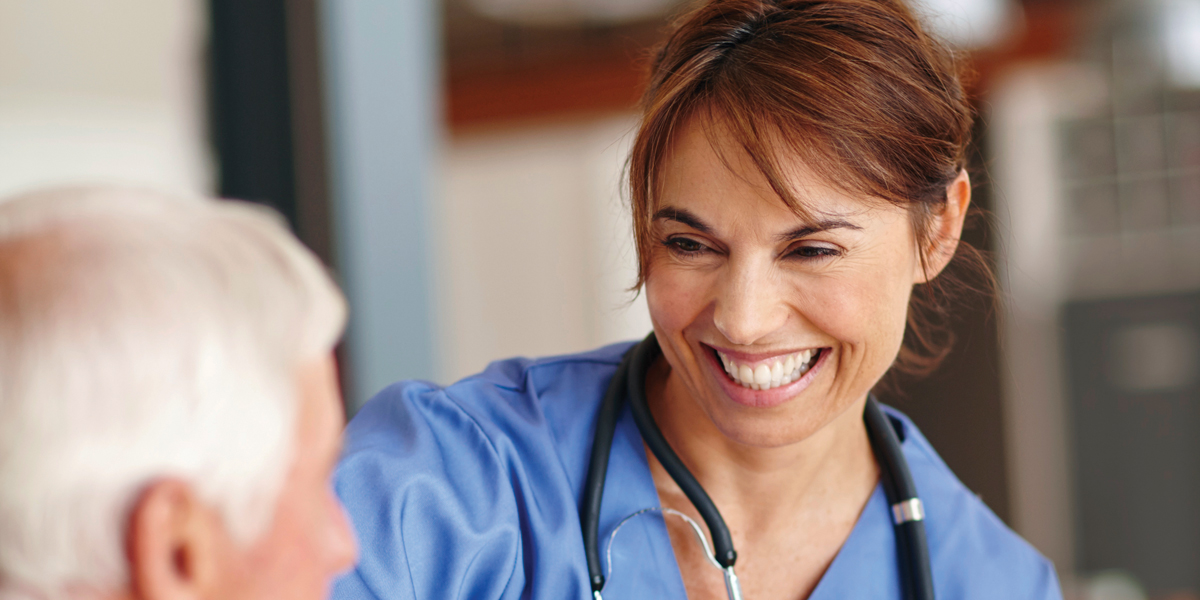Signs of Heart Disease
The prevalence of cardiovascular disease is greater than many people realize, and it claims more lives each year than all forms of cancer.
Know the signs of heart disease
The first sign of heart disease is often a heart attack or other serious event. However, there are a few important signs that can help you recognize heart problems before they become an emergency.
Heart disease that involves your blood vessels is often signaled by:
- Feeling as though something heavy is sitting on your chest.
- Chest pain (angina) – a sense of discomfort or squeezing in your chest that lasts for 30 minutes to a few hours.
- Shortness of breath – difficulty catching your breath after moderate physical exertion, like walking up a flight of stairs.
- Unexplained pain in your upper torso, neck, and jaw, and/or changes in your extremities, such as pain, swelling, tingling, numbness, coldness, and weakness.
- Extreme fatigue.
- Irregular heartbeat that is faster or slower than usual.
- Dizziness or fainting.
Heart disease is the number one cause of death among adults of both sexes in the United States. However, between men and women, the risks, symptoms, and even the disease may be different.
If you are experiencing any of the symptoms listed above – do not wait – make an appointment to discuss them with your doctor.
Early Heart Attack Care
To empower and educate our community about heart attacks, we support a national program called Early Heart Attack Care (EHAC). As a nationally accredited Chest Pain Center, we have partnered with the American College of Cardiology to support this program.
Prevention
To help save you or a loved one's life:
- Learn the early signs of a heart attack.
- Call 9-1-1 immediately if you or others experience these signs or symptoms.
- Learn hands-only CPR.
- Make lifestyle modifications to reduce your risk for heart disease. Learn more about preventing heart disease by visiting our heart disease hub.
Emergency Services
If you or a loved one is experiencing early heart attack symptoms, do not drive to the hospital. Call 9-1-1 immediately. Emergency responders can provide lifesaving treatment to restore blood flow to the heart. Additionally, the EMS team can run tests that help your doctor to reach a diagnosis quickly.
Spartanburg Regional EMS personnel work with our emergency department and cardiac care teams to share critical information with the hospital before your arrival. This allows the team to prepare for your arrival and speed up treatment once you are at the hospital — often bypassing the emergency room and going straight to the cardiac catheterization lab.
Warning Signs of Heart Attack
For half the people having symptoms of a heart attack, fast treatment can prevent damage to the heart.
That’s why it is important to recognize the early indications that you, or someone you know, are having a heart attack and call 9-1-1 immediately.
Early warning signs include:
- Chest discomfort, like pressure, squeezing, fullness or pain, in the center of the chest
- Chest discomfort that lasts more than a few minutes, or that goes away and comes back
- Cold sweat
- Lightheadedness
- Nausea
- Pain or discomfort in one or both arms, or the back, neck, jaw or stomach
- Shortness of breath with or without chest discomfort
Women and Heart Attacks
Women may have different heart attack symptoms than men. In fact, some women do not have any of the “classic” heart attack warning signs, like chest or arm pain.
Heart attack symptoms in women can include:
- Back pain
- Chest pain or discomfort
- Jaw pain
- Extreme and/or unusual fatigue
- Shortness of breath
- Nausea
- Vomiting
Trust your gut: If something does not feel right, call 9-1-1 immediately.
Hands-Only CPR
As many as 90% of people who experience cardiac arrest outside of a hospital may not survive, according to the American Heart Association (AHA). Thankfully, giving or receiving hands-only CPR before emergency medical services (EMS) arrives can double or triple a person’s chance of survival during cardiac arrest.
If you see a teenager or adult collapse and suspect they may be experiencing cardiac arrest:
- Call 9-1-1 immediately.
- Push hard and fast on the middle of their chest approximately 100 to 120 times per minute until EMS arrives.
- Perform compressions to the beat of a fast-paced song. The AHA suggests “Stayin’ Alive” by the Bee Gees, “Walk the Line” by Johnny Cash, or “Crazy in Love” by Beyoncé featuring Jay-Z.
For infants, children, and victims of drowning, drug overdose, or people who collapse due to breathing problems, the AHA recommends using CPR with chest compressions and breaths.












